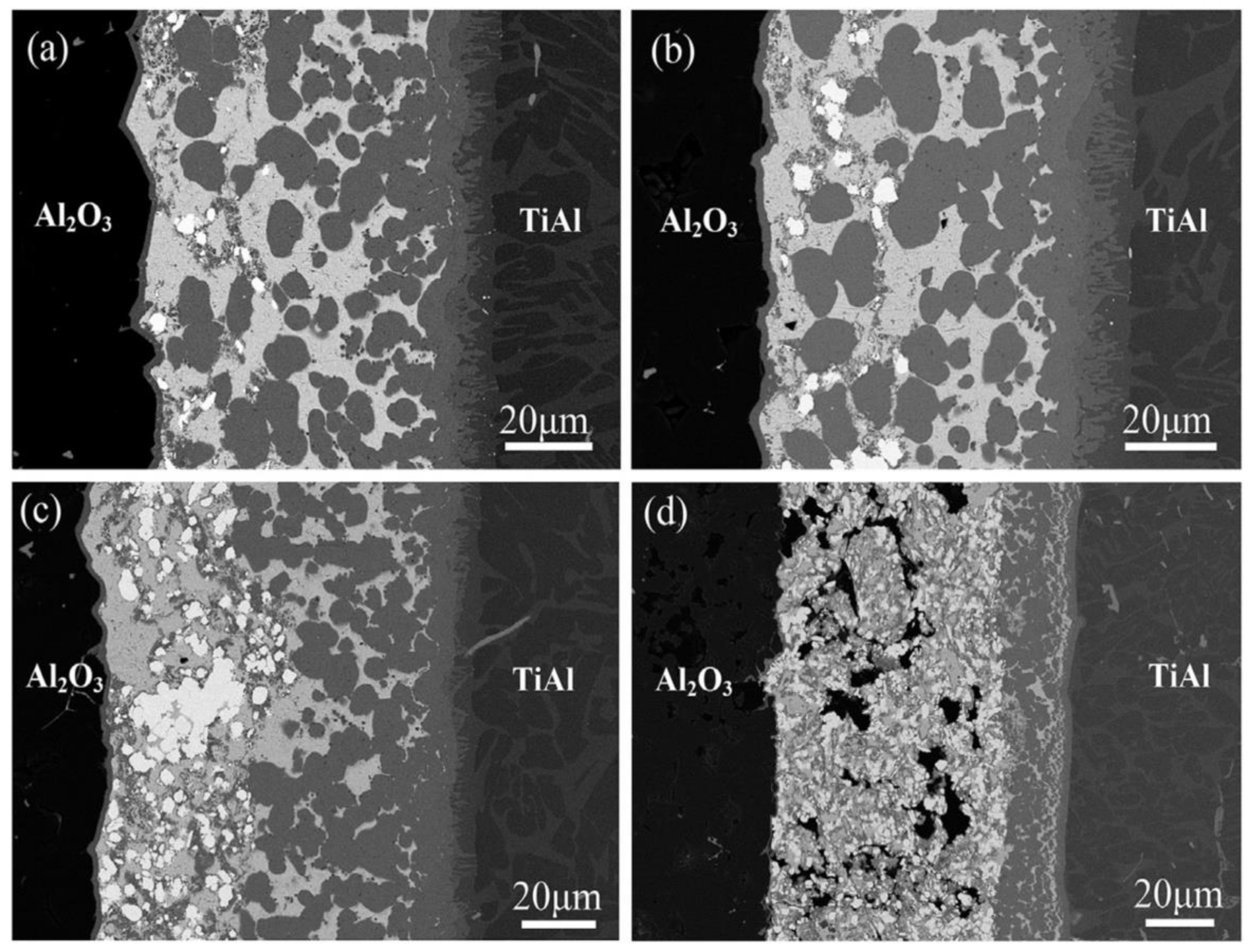Did you want to learn how to work around that and deliver a solid re.
Brazing cracks in thin sheet metal.
Extend the excavation at least 1 2 inch beyond the visible crack tip.
Heat the joint where the two pieces of metal will meet until the joint glows.
If needed use clamps to secure the pieces in position.
Heat treatable or core alloys composed mainly of manganese or magnesium are also used.
Brazing is done at lower temperatures without melting the base metals.
Note that quenching can affect base material mechanical properties.
Quench only after the braze filler metal has solidified to avoid cracks or rough braze joints.
Grind the outside of the crack down to sound metal about 1 2 the thickness of the base metal.
Position the metal as desired.
The filler material flows into any and all microscopic crevices in the metal and pulls the pieces together similar to a permanent velcro.
Weld the excavation from the outside.
Apply the brazing rod to the joint while continuing to heat the metal surfaces.
A convenient method of preplacing filler metal is by using a brazing sheet an aluminum alloy base metal coated on one or both sides.
A third method of applying brazing filler metal is to use a paste mixture of flux and filler metal powder.
Here s a few tips on repairing rust holes in car body panels.
You should now have a complete joint penetration weld that is as strong as the original member assuming it is low medium carbon steel.
In most cases an overlapped joint will be stronger and braze together easier than a gapped joint.
Have you ever welded something so thin and worn out that all you do is blow holes in it.
Finally brazing fluxes have a tendency to cause hydrogen embrittlement in the metal adjacent to brazed joints and this can cause cracking in that metal as panels vibration cycle over miles and time.
Braze welding unlike brazing goes beyond capillary action and deposits a strengthening thickness or bead of brazing material in braze weld.

